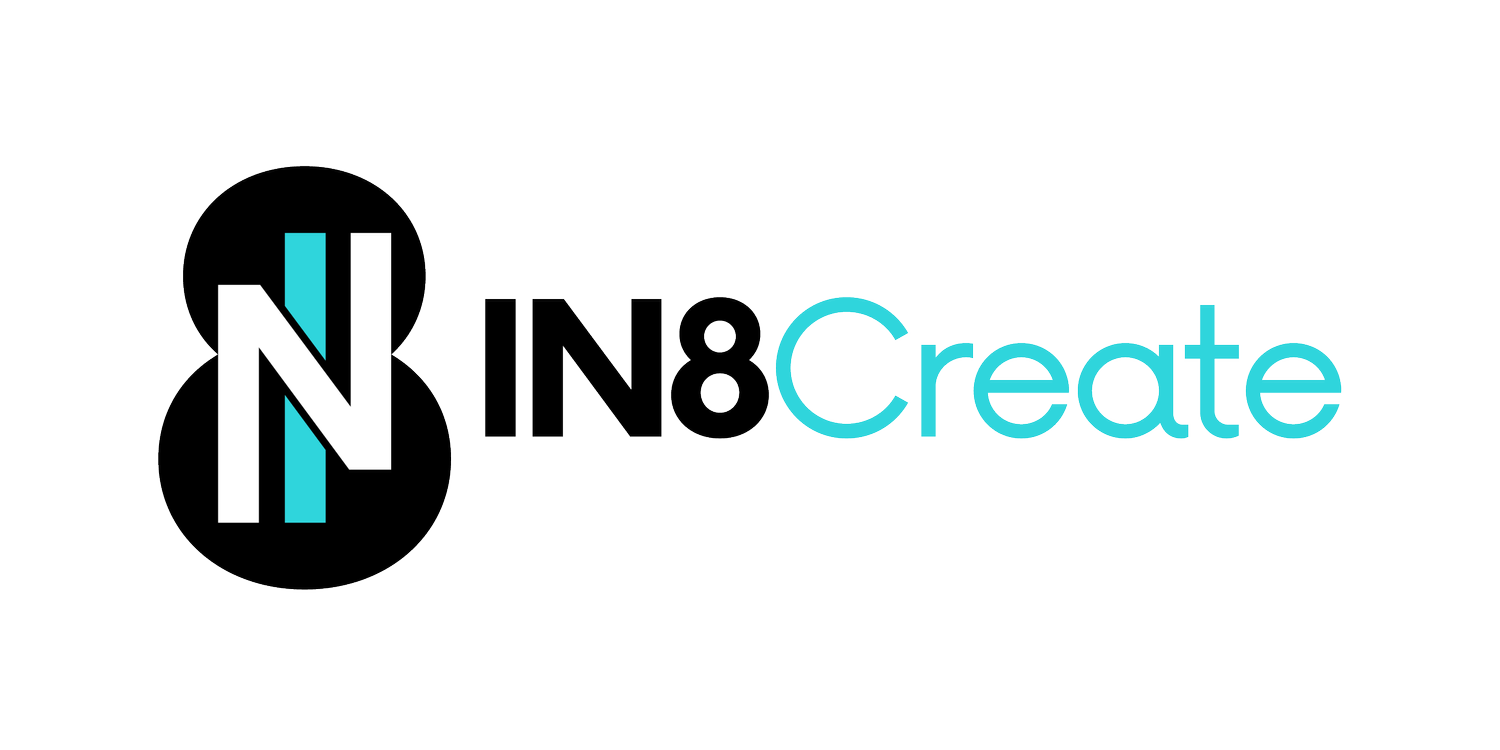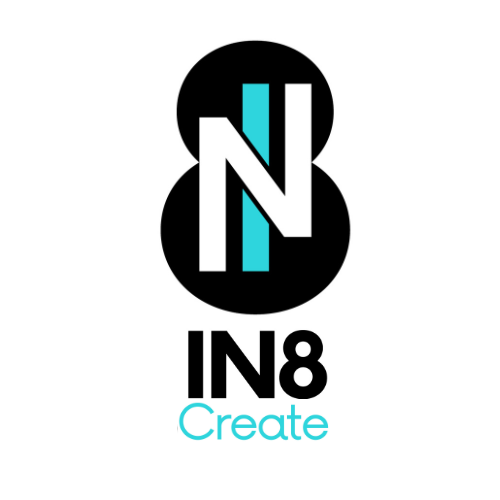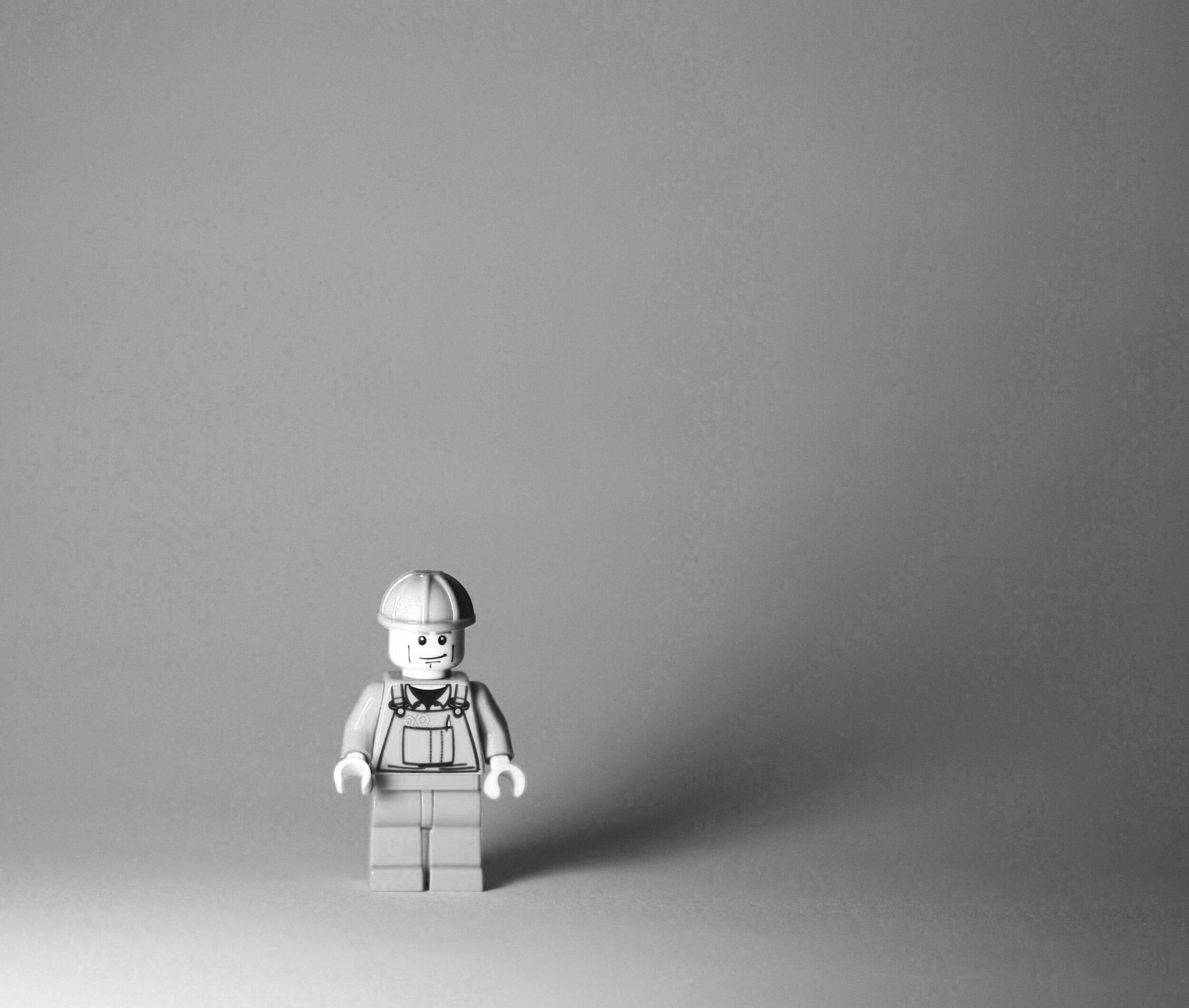
Insights

Stop Treating AI Adoption Like a Light Switch
I've had multiple friends and colleagues tell me AI is making their work HARDER. Seriously? The technology that's supposed to revolutionize everything is creating more friction, not less. Why? Because "AI as a strategy" doesn't work. AI is a tool. A powerful one, sure, but still just a tool. And like any tool, it's only useful when you understand what problem you're trying to solve.
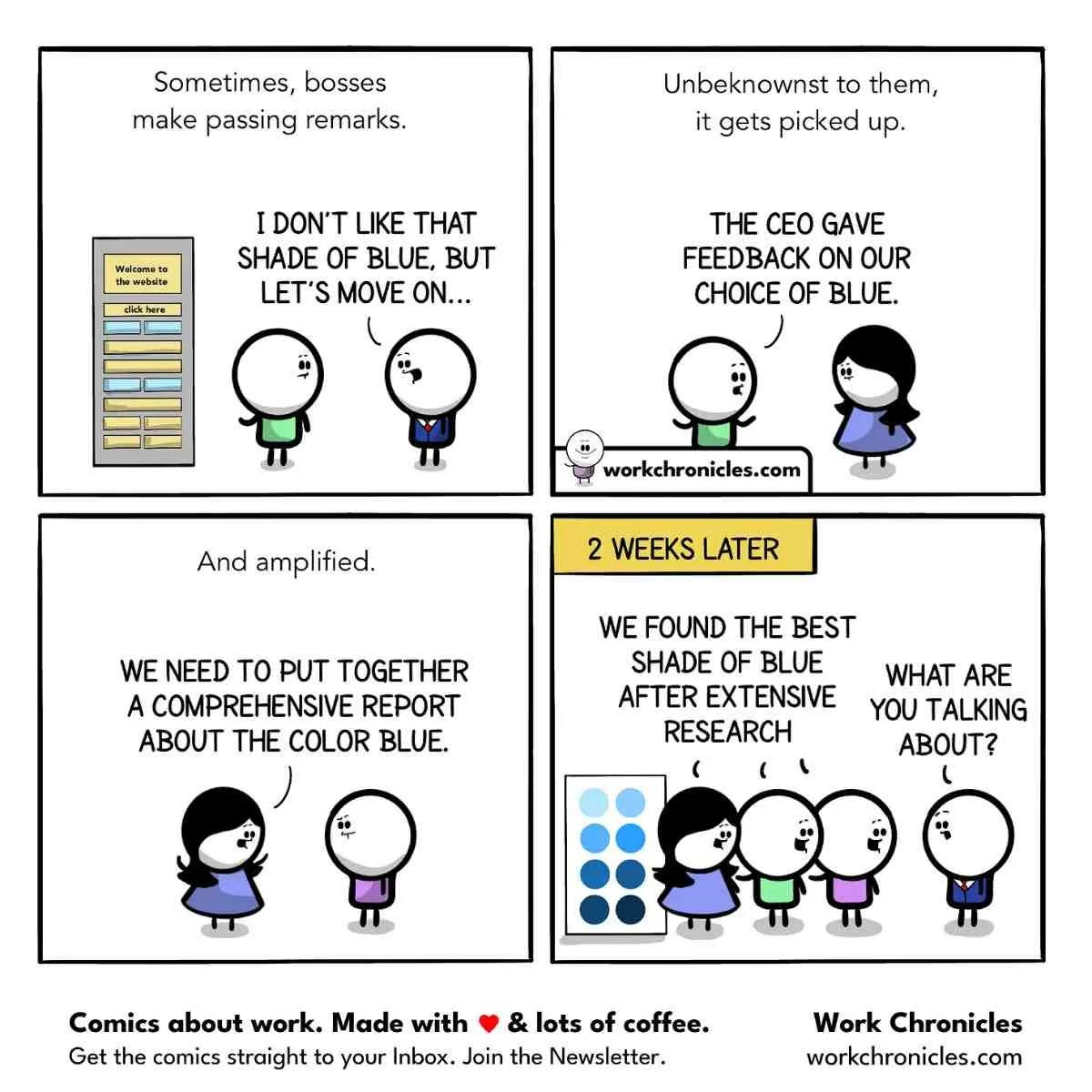
The Million-Dollar Miscommunication
The best teams don't assume less—they confirm more. They've built a culture where asking "What do you mean by that?" isn't seen as incompetence but as professionalism. Next time you catch yourself making assumptions, try this: "Let me confirm what I'm hearing..." It's the simplest way to turn workplace fiction into workplace facts.
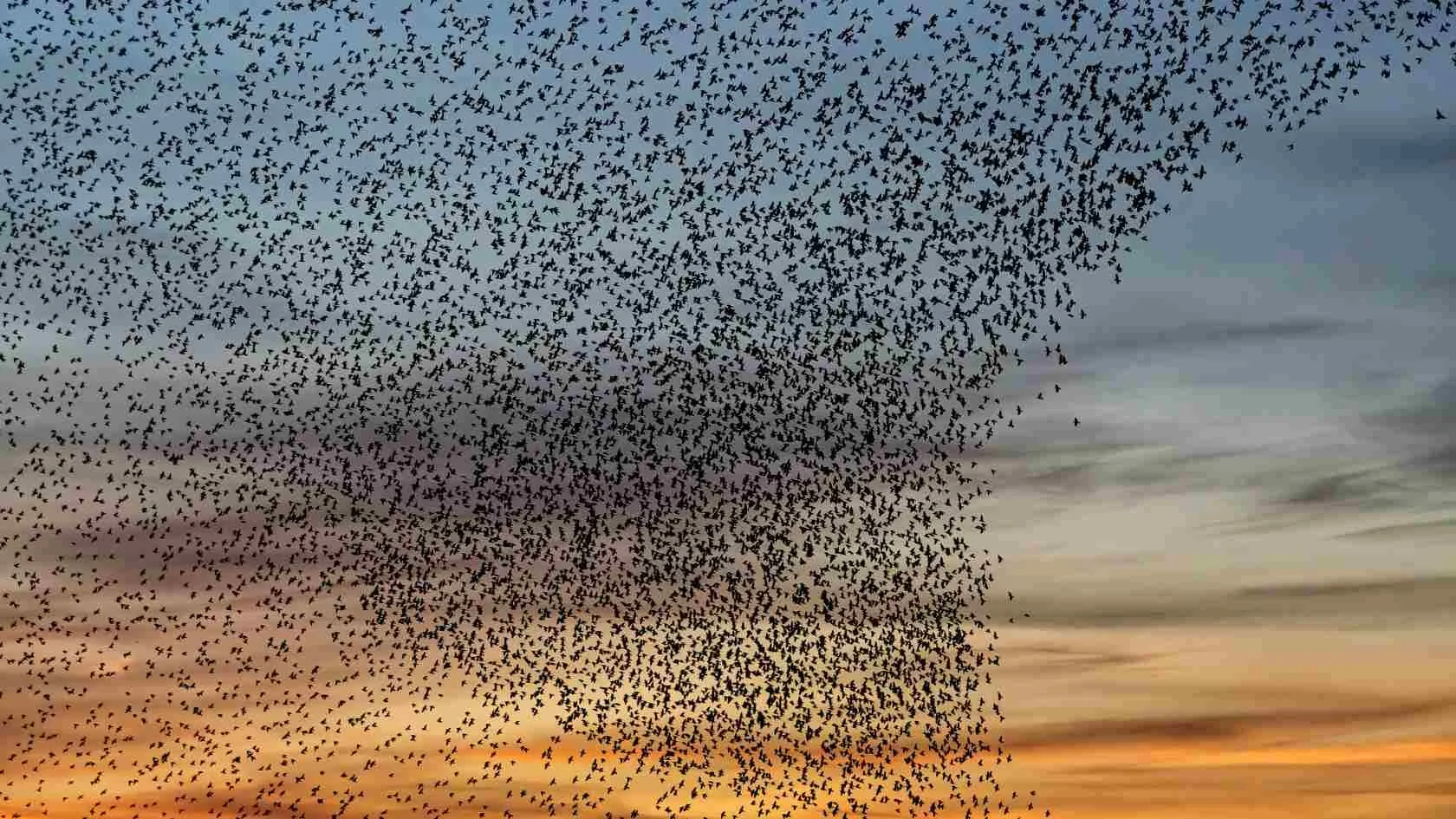
The Starling Effect
Just like starlings responding to their nearest neighbors, your team members start making choices that naturally align with collective success. The impact builds exponentially when everyone is tuned into the same frequency.
The result? Teams that can shift direction quickly, respond to challenges collectively, and create something greater than the sum of their individual parts.

The Contagion Effect
Here's the thing about energy: it spreads faster than gossip in a small office. You know how yawns are contagious? Energy works the same way—except instead of making people tired, the right energy makes them unstoppable. The good stuff is contagious. That level of support, that fun, that genuine enthusiasm—it lifts people up and makes them want to maintain the momentum. They try harder, support each other more, and the whole cycle accelerates. But here's what most teams don't want to acknowledge: the negative stuff spreads just as fast.

The Icebreaker Police
"It's an icebreaker!" the engineer announced. For the third time.
Instead of asking "What do you do?" I asked "What do you love about what you do?"
That's when our self-appointed icebreaker detective felt compelled to blow my cover. Multiple times.
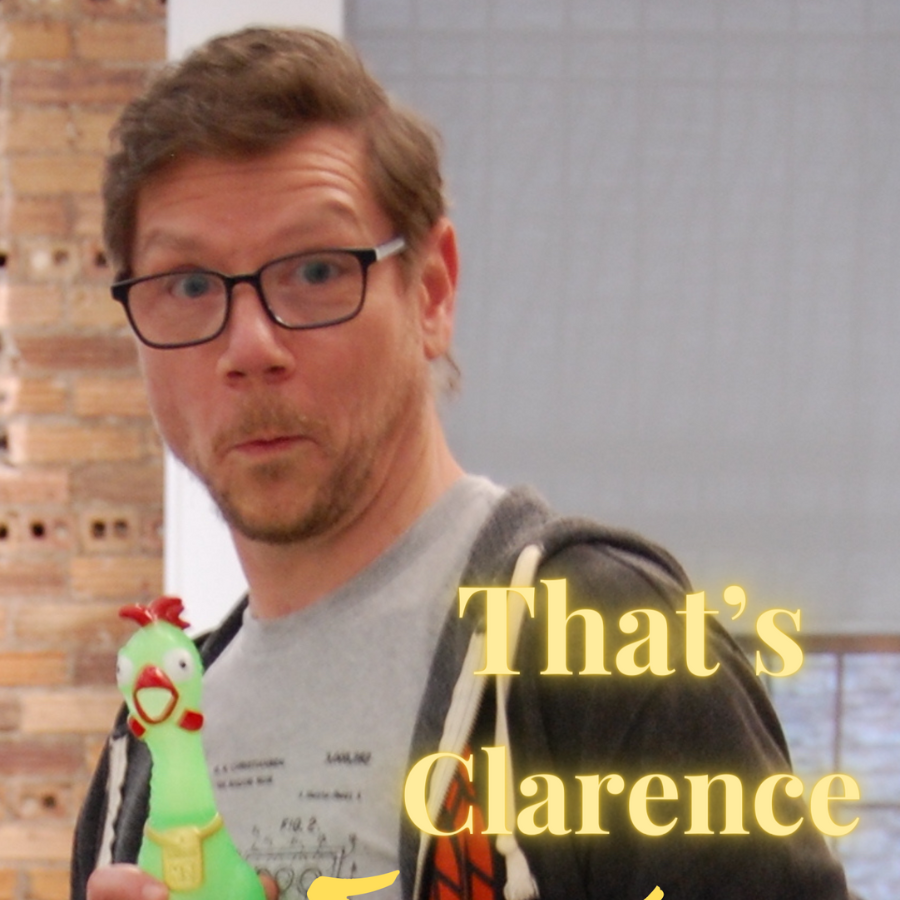
Releasing Childlike Creativity in Teams
If you step back and watch adults work on something together, these CHILD-like actions become very clear. After running over 100 workshops, I've seen these patterns so consistently that I now know certain moments to look for - like when the extrovert decides to take over the group, or my favorite, the anticipatory smile when people first get their LEGO kit.

Teams and Systems Thinking
Systems thinking isn't intuitive for most people. We naturally focus on what's directly in front of us. That's why deliberate effort to build systems literacy pays such enormous dividends.
Teams that understand systems principles:
Make better decisions because they consider ripple effects
Collaborate more effectively with other teams
Identify and address root causes rather than symptoms
Create sustainable solutions rather than quick fixes that create long-term problems

Team Trust Is Built in Moments Most People Miss
We create mental shortcuts about these people, usually based on very limited information, and those definitions influence our collaboration moving forward. Often, these snap judgments become self-reinforcing cycles that can be difficult to break.

When Teams Unite Under Pressure
These scenarios never cease to amaze me because of how deeply connected they make us feel. They tap into our identity as valued members of our work community, and when that community faces a crisis, people respond instinctively. This might mean staying late, contributing extra effort, or stepping outside comfort zones to help the team succeed.

Use Assessments to Spice Up Your Team
One of the best things I ever did as a leader was have my team take a personality assessment. Yet when I talk to many leaders, they often get dismissive about assessments, with responses like "not another assessment" or "I hate how these put me in a box." Let me share a couple of stories that changed my perspective.
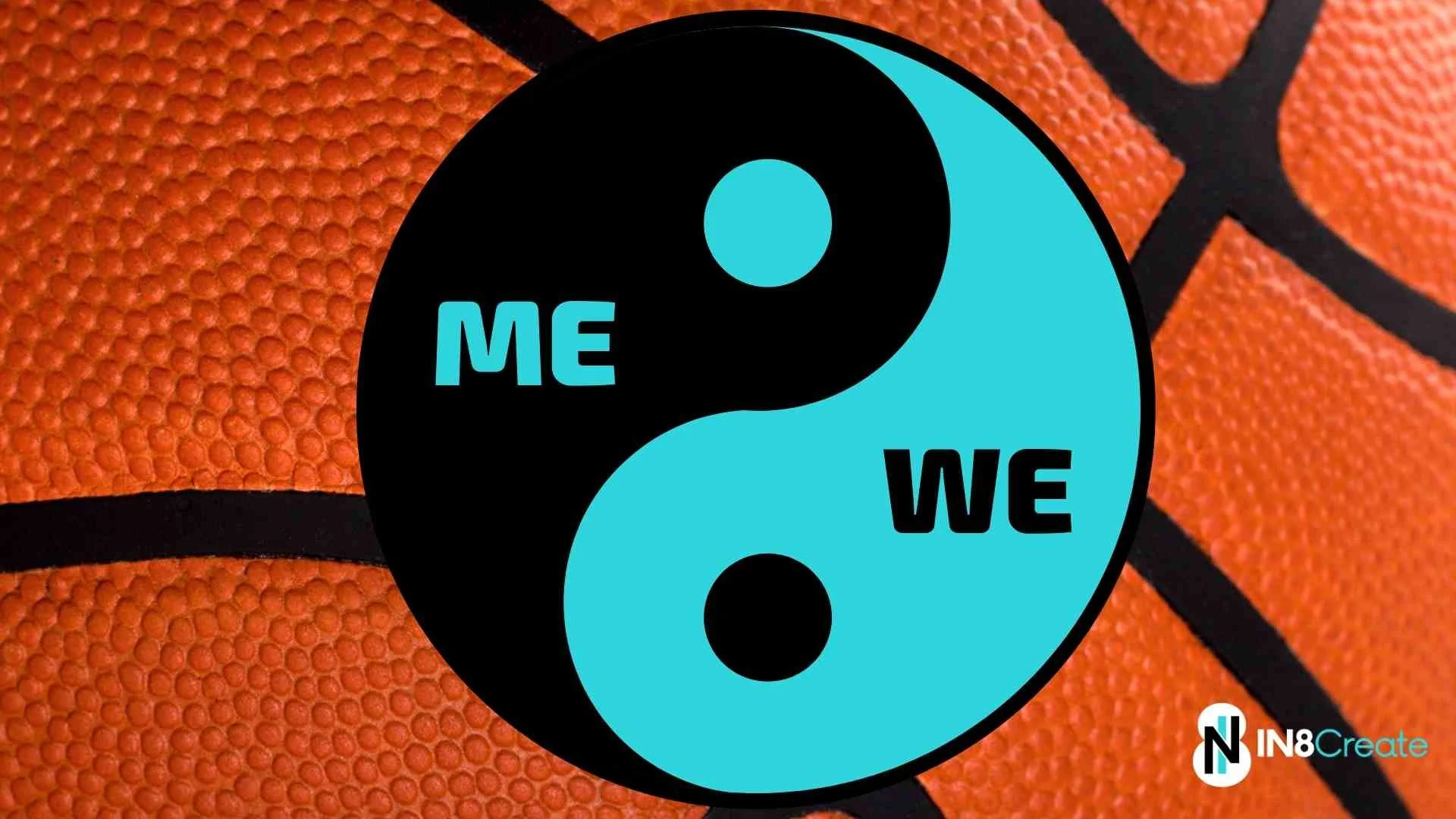
The Art of We vs Me in Teams
When everyone understands and plays their role, it showcases individual talents while bringing out the best in the team. Some people are natural scorers, others are defensive specialists, and some excel at rebounding. In the workplace, these roles look different - maybe you have your strategic thinkers, your detail-oriented executors, and your relationship builders - but the principle remains the same.

The Secret Sauce of Great Teams: Emulsification
How many of us have worked with people who are like oil and water? Team members who just don't naturally mix, creating friction rather than flow? Well, just like our hollandaise, we just need to find the right emulsifier!
Through our work with teams, we've discovered that effective team emulsification happens in layers, each one strengthening the bonds between team members.
